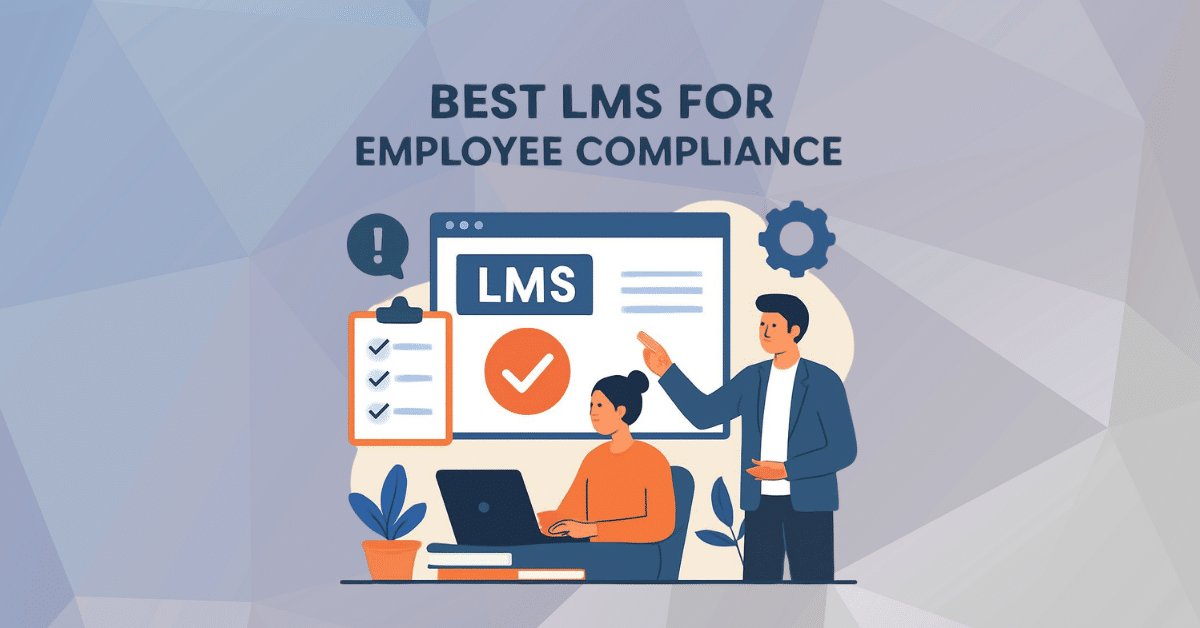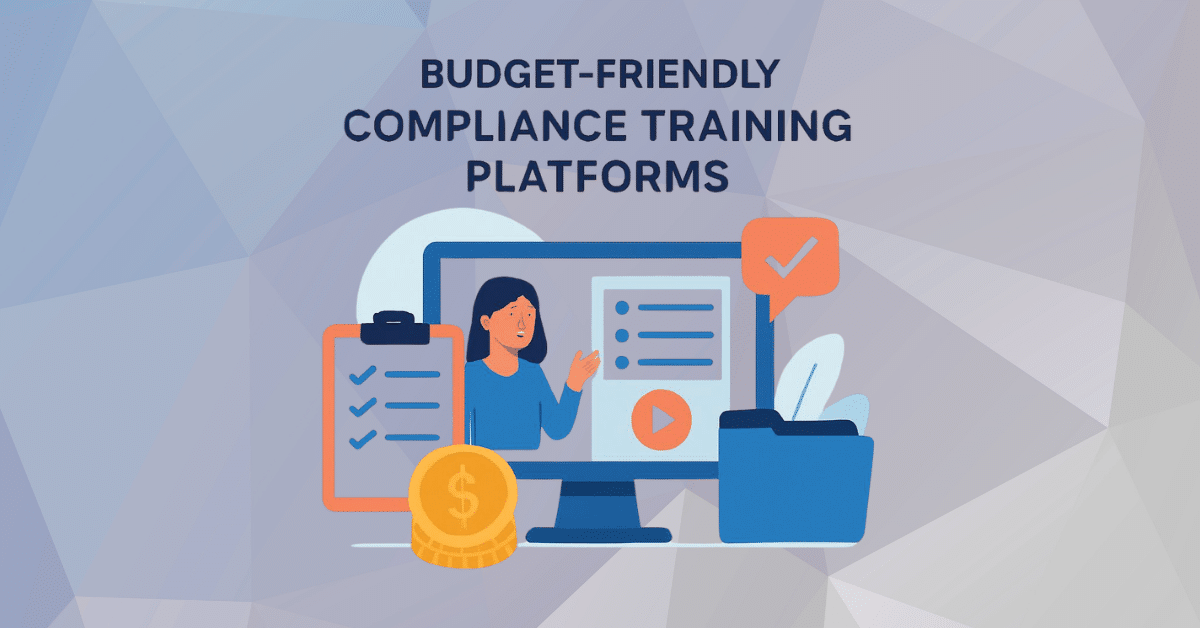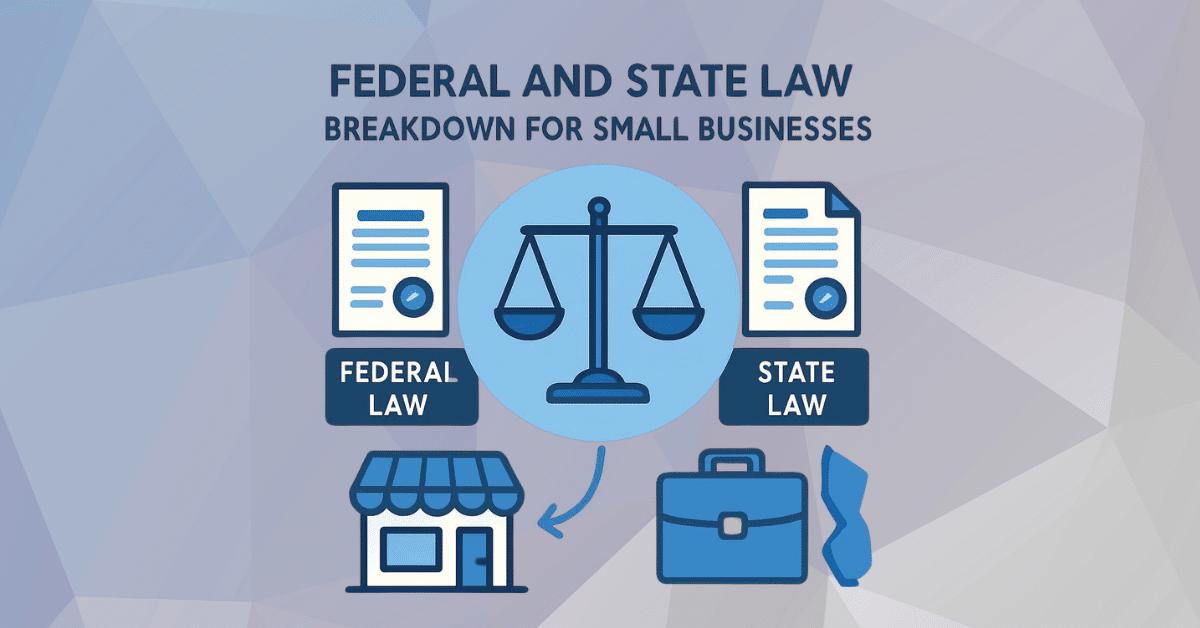If you manage apartments or rental homes long enough, you eventually see that email you hope never arrives. A prospect believes they were treated unfairly. They saved your ad, downloaded every message, and copied a fair housing agency on their complaint. What felt like a quick decision at the leasing desk suddenly becomes legal review, interviews, and sleepless nights.
Most property managers are not trying to discriminate. They are balancing occupancy goals, tight timelines, budget pressures, and resident concerns. Problems usually arise when staff rely on habits or “how we have always done it” rather than clear, consistently applied fair housing rules.
That is where fair housing compliance certification changes the story. Formal certification gives your team a shared language, practical guidelines, and the confidence to handle complex situations without guessing. It protects residents from unfair treatment and protects your properties from complaints, penalties, and long-term damage to your reputation.
What Fair Housing Laws Expect From Property Managers
Fair housing law sits behind nearly every decision your team makes, from the first online ad to the final move-out letter.
At the federal level, the Fair Housing Act prohibits discrimination in housing based on race, color, national origin, religion, sex (including sexual orientation and gender identity), disability, and familial status. Many states and cities add their own protected classes, such as source of income, age, or marital status.
Despite these protections, discrimination complaints continue to rise. Recent fair housing trend reports show more than 34,000 complaints filed nationwide in 2023, the highest level since the mid-1990s. Disability remains the most common category, followed by race, familial status, and other protected classes.
For property managers, this means that everyday actions are being watched closely, including:
- The photos and words you choose for ads and listings
- How you answer questions on the phone or via email
- Which applications do you approve or deny, and why
- How you handle late payments, rule violations, and complaints.
Certification training turns these expectations into clear, teachable practices your team can follow in every interaction.
What Is Fair Housing Compliance Certification?
Fair housing compliance certification is a structured training program that equips housing professionals to apply fair housing laws in real-world property management settings.
A strong certification program typically includes:
- Federal and state fair housing law fundamentals
- Practical scenarios that cover advertising, leasing, maintenance, and resident relations
- Step-by-step guidance on reasonable accommodations and modifications
- A final exam or knowledge check to confirm understanding.
- A certificatethat your company can keep on file as evidence of training
Many organizations offer certification paths, including national specialist designations, local fair housing agencies, and industry-specific programs for property managers, leasing teams, and maintenance supervisors. Some versions are tailored to frontline staff, while others focus on owners, asset managers, and executive leadership.
When training includes a substantial legal component, it may also address fair housing regulations in depth, including HUD guidance, state statutes, and common enforcement trends. That deeper focus helps managers navigate complex issues involving disability, criminal history, layered funding programs, and sensitive resident situations.
Why Property Managers Cannot Afford to Skip Certification
On a busy budget sheet, training can look optional. Fair housing data tells a different story.
Recent reports indicate that 33,007 fair housing complaints were filed in 2022 and 34,150 in 2023, a 3.5 percent increase and the highest level ever tracked by the National Fair Housing Alliance. In other words, people are speaking up more often, and enforcement bodies are watching closely.
Industry expectations are rising as well. For example, the National Association of REALTORS now requires all members to complete at least 2 hours of fair housing training every 3 years as a condition of membership, with a new 3-year cycle beginning in 2025.
For property managers, skipping certification can lead to:
- HUD or state agency investigations
- Lawsuits, attorney fees, and settlement costs
- Loss of affordable housing funding or tax credits
- Reputation damage that follows your communities online
On the positive side, certified training can deliver:
- Fewer crisis-level complaints that pull leaders away from operations
- Clear policies that help staff respond consistently and confidently
- A more welcoming environment that supports occupancy and retention
- Better preparation when regulators, auditors, or owners ask about your practices
You cannot control every interaction, but you can control how prepared your team is when they occur.
How Certification Shapes Daily Decisions On Site
The real value of certification shows up in everyday moments, not only in a framed certificate hanging in the office.
Advertising and marketing
Certified teams review images and copy through a fair housing lens. They avoid phrases that discourage families, people with disabilities, or any other protected group. Marketing materials align with written qualification standards rather than personal preferences.
Screening and approvals
Training reinforces the need for clear, written screening criteria applied consistently to every applicant. Staff learn how to answer questions about credit, income, rental history, and criminal history in ways that follow fair housing law and company policy.
Tours, calls, and emails
Leasing agents practice responses to sensitive questions such as “Is this a safe neighborhood?”, “What kind of people live here?”, or “Can you show me a quiet building without kids?” Certification gives them neutral, lawful language so they can share helpful information without steering prospects.
Disability and accommodations
Many complaints involve disability. Quality programs walk staff through reasonable accommodations, assistance animals, parking requests, communication needs, and accessibility concerns. Teams learn how to manage documentation, respond within appropriate time frames, and avoid placing additional burdens on residents with disabilities.
Rules and enforcement
Certification also emphasizes consistent rule enforcement. When late fees, noise complaints, parking issues, and other lease violations are handled the same way for everyone, your risk of “selective enforcement” claims drops sharply.
Over time, these habits build a culture where fairness is part of daily operations rather than an occasional training topic.
California Spotlight: Why State-Specific Fair Housing Training Matters
If you manage property in California, your legal landscape is more complex than in many other states.
Federal law still applies, but California adds protections through the Fair Employment and Housing Act, the Unruh Civil Rights Act, and local ordinances in some cities. Additional protected classes can include sexual orientation, gender identity, source of income, marital status, and more.
A focused Fair Housing California Course addresses that complexity directly, using California-specific examples, checklists, and enforcement scenarios that go beyond generic national programs. These classes often cover:
- California’s additional protected classes and how they affect day-to-day operations
- Advertising rules for phrases like “no Section 8,” which can be illegal in many situations
- State and local complaint processes, timelines, and likely outcomes
- How federal and state rules interact when they appear to conflict
When your team completes fair housing certification in California, they leave with practical tools that match state law rather than abstract hypotheticals. That targeted training supports smoother resident interactions, fewer surprises for your staff, and stronger documentation when questions or complaints arise.
Choosing The Right Online Fair Housing Course
Quality fair housing training online isn’t all the same, so it helps to use a clear checklist when evaluating providers.
Property managers often look for:
- Content that covers both federal law and the state or local rules where you operate
- A clear focus on property management and rental housing, not only on real estate sales
- Realistic scenarios drawn from leasing, maintenance, inspections, and resident relations
- Interactive elements, such as quizzes or case reviews, that keep learners engaged
- Final exams that tie directly to your fair housing compliance certification goals
- Certificates and detailed completion records that you can present during audits or investigations
Some programs are built around national designations, while local fair housing organizations or housing agencies develop others. Matching the course to your property types, staff roles, and locations makes the training feel practical instead of theoretical.
If you operate in multiple states, you might select a core national course for everyone, then layer in state-specific modules for higher-risk locations, such as separate California content for your West Coast teams.
Building A Long-Term Fair Housing Training Plan
Fair housing law evolves, and so does your staff. People are promoted, new team members join, and new case law reshapes how rules are applied in the field.
Recent reports show complaint volumes climbing year after year, especially around disability, harassment, and source of income discrimination. Treating training as a one-time event is no longer enough.
Stronger management companies treat fair housing compliance certification as an ongoing process. Many:
- Require baseline certification for all new hires within their first 30 to 60 days
- Schedule refresher courses every one to three years, depending on role and risk level
- Offer advanced classes for supervisors on investigations, documentation, and escalation.
- Review policies, forms, and marketing templates annually to ensure compliance with current law.
- Pay special attention to high-risk asset types, such as affordable housing and senior housing.
This rhythm keeps fair housing from becoming a single meeting that everyone forgets. Instead, it becomes part of your company identity and a visible commitment to residents and owners.
Putting Your Certification To Work
Once your staff completes fair housing certification and related courses, the next step is to embed that knowledge into everyday systems and documents.
You can:
- Align written policies, house rules, and resident handbooks with what your team has learned
- Create checklists for tours, application processing, and reasonable accommodation requests.
- Add fair housing review steps to your marketing and advertising approval process.
- Maintain digital folders with certificates, sign-in sheets, course descriptions, and training dates
- Host short team huddles where staff bring questions, review real scenarios, and practice responses.
Some companies stay in touch with their training provider for updates when laws change or new enforcement guidance is issued. The more your team uses what they learned in daily decisions, the more value you gain from your training investment and certification records.
Fair Housing Training As An Investment In Your Properties
Fair housing is not only about avoiding complaints. It shapes who feels welcome in your communities, how residents talk about your brand, and how confident owners feel when they see your company name on a property sign.
Investing in fair housing compliance certification, including targeted options for states such as California, provides your team with clear guidance and helps residents experience consistent, respectful treatment. Over time, that combination supports stronger communities, steadier occupancy, and a management operation you can stand behind when anyone asks how you treat people who call your properties home.


















